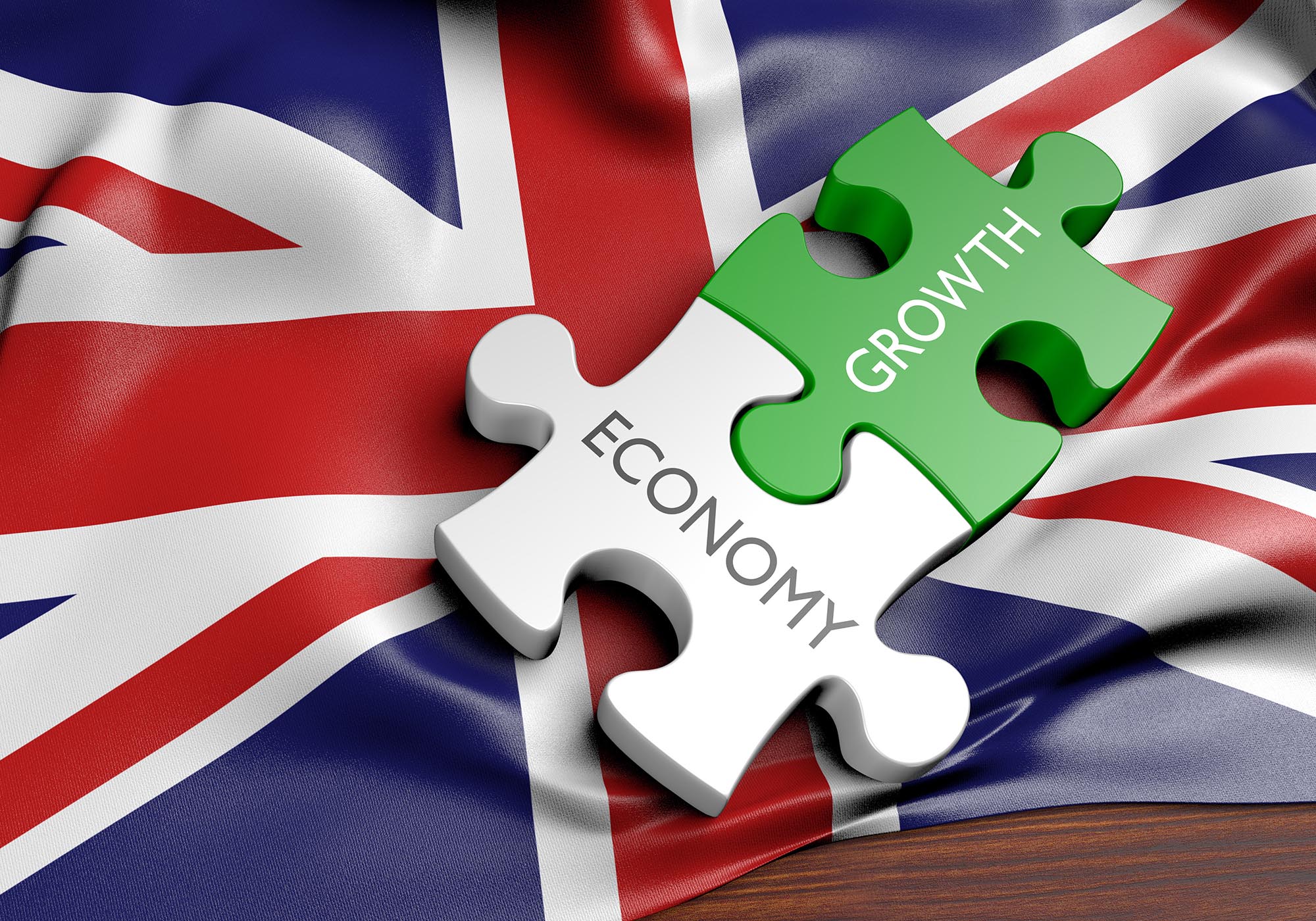Household Bills
UK avoids recession with paltry 0.1% growth

UK Gross Domestic Product (GDP) is estimated to have increased 0.1% in the first quarter (January to March) of 2023, according to the Office for National Statistics (ONS).
The figure means the country is not technically in a recession – although it will feel like it for many people.
It follows GDP growth of 0.1% in the previous quarter, Q4 2022. The level of quarterly GDP in Q1 2023 is now 0.5% below its pre-coronavirus level (Q4 2019).
In output terms, the services sector grew 0.1% in Q1 2023 driven by increases in information and communication, and administrative and support service activities. Elsewhere, the construction sector grew by a revised 0.4% (previously 0.7%), while the production sector grew by 0.1%, with a revised 0.6% growth in manufacturing (previously 0.5%).
The ONS also calculated that the household saving ratio was 8.7% in Q1 2023, down from 9.3% in Q4 2022. Real households’ disposable income (RHDI) fell by 0.8% following positive growth of 1.3% in Q4 2022.
‘UK limped through the first few months of the year’
Ian Cook, financial planner at Quilter, said: “Living standards in the UK continue to be hampered by inflation, as today’s quarterly economic data from the ONS shows. Despite positive growth in real household disposable incomes in Q4 2022, things crashed back to earth with a fall of 0.8% in Q1.
“This was in the face of falling energy prices and the cost-of-living crisis meant to be showing signs of easing. Unfortunately, households are in it for the long run with inflation refusing to budge from recent historic highs, and rising interest rates failing to bring it down.
“With interest rates expected to continue to rise, the pain is only going to get worse for consumers, particularly those with a mortgage whose fixed rate deal may soon be coming to an end. Worryingly, however, the household savings ratio also fell in the last quarter and according to the ONS households experienced simultaneous withdrawals from their deposit accounts and negative secured loans for the first time ever. The safety buffer built up during the pandemic is slowly being chiselled away.”
Danni Hewson, head of financial analysis at AJ Bell, said: “There’s nothing particularly surprising to be learnt from this set of figures. The UK has limped through the first few months of the year thanks to a surprisingly resilient consumer market and what is likely to have been a rush by businesses to make the most of generous tax breaks on investment before they came to an end.
“But warning signs are already flashing madly, with household disposable income further eroded by the constant pain of price rises and fewer people with the ability to put a bit away for a rainy day or take advantage of the interest rate hikes which are causing such misery for so many.”